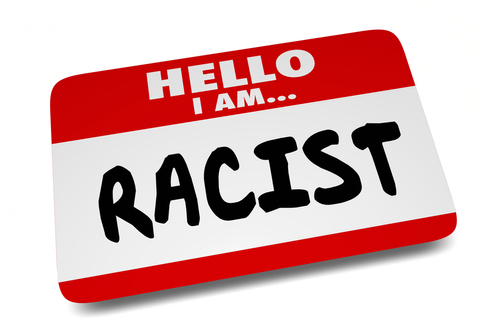
Target’s CEO MEETING – Boycott Coming?
Brian Cornell, CEO of Target, is heading to New York to clear up the DEI debacle with Rev. Al Sharpton—amid threats of a boycott.
At a Glance
- Brian Cornell to meet Rev. Al Sharpton in New York over Target’s DEI rollback backlash.
- Rev. Sharpton hints at a boycott if DEI commitments are not reinstated.
- Target seeing significant drop in store visits amid DEI cutback announcements.
- Other mega-retailers also downsize DEI initiatives, facing conservative pressures.
- Rev. Jamal Bryant leads a temporary Target boycott coinciding with Lent.
The Controversy at Hand
Target’s decision to backtrack on its diversity, equity, and inclusion (DEI) initiatives has stirred a hornet’s nest. Brian Cornell has found himself hammered from all sides for curtailing these efforts. Many claim these changes are sabotaging the progress made after George Floyd’s tragic death. Rev. Al Sharpton, who certainly knows how to make headlines with his threats of boycotts, weighs into the fray. What once was a solid DEI commitment now faces scrutiny as critics demand accountability from Target’s leadership.
Rev. Sharpton, however, hasn’t called for an official boycott yet, instead supporting ongoing consumer movements asking shoppers to avoid Target. But consumers aren’t shy to act. Sharpton’s position remains clear: he is willing to turn the heat up unless Target restates its DEI support. Target’s retracted initiative, intended to expand shelf spaces for black- and minority-owned businesses, only serves to add fuel to public ire and dwindling foot traffic.
Retailers’ DEI Dismissal and Impact
Target is not alone in scaling back DEI initiatives. Other high-profile companies like Walmart and McDonald’s are pulling back, wary of mounting conservative backlash. These actions, however, coincide with declining consumer visits, with analysts suggesting inflation and macroeconomic factors could be contributing. On another front, Rev. Jamal Bryant initiated a “shopping fast” at Target during Lent, wielding his influence as a demonstration of black consumer power to pressure corporate giants.
“You can’t have an election come and all of a sudden, change your old positions,” Sharpton told CNBC. “If an election determines your commitment to fairness, then fine, you have a right to withdraw from us, but then we have a right to withdraw from you.”
The pressure is mounting for Target to clarify its stance. The company’s decision to terminate three-year DEI targets and halt reports to groups like the Human Rights Campaign’s Corporate Equity Index adds more questions than answers. With the social justice landscape constantly evolving, the spotlight on company leaders grows ever brighter, as does the insistence on genuine corporate accountability.
What’s Next for Target?
Target’s strategy moving forward could make or break its standing with civil rights leaders and customers alike. As the company evaluates its corporate partnerships and policy alignments, all eyes will be on what Cornell and Sharpton discuss. Many will wonder whether Target’s actions are mere lip service or meaningful progress. While past commitments centered on fair representation and business dealings with black communities, the retail giant now faces a pivotal moment in choosing between principle or profit.
“Target’s chief executive officer plans to meet this week with the Rev. Al Sharpton, whose civil rights organization has encouraged consumers to avoid U.S. retailers that scaled back their diversity, equity, and inclusion initiatives.” sources report.
It’s no doubt that the impending discussion between Cornell and Sharpton is a walking tightrope of tremendous proportions. Companies like Target are facing both the optics and the economics of DEI. The underlying message reverberates: consumers possess the power to demand accountability, and retailers must navigate choices that align with social responsibility while not compromising their bottom line.




